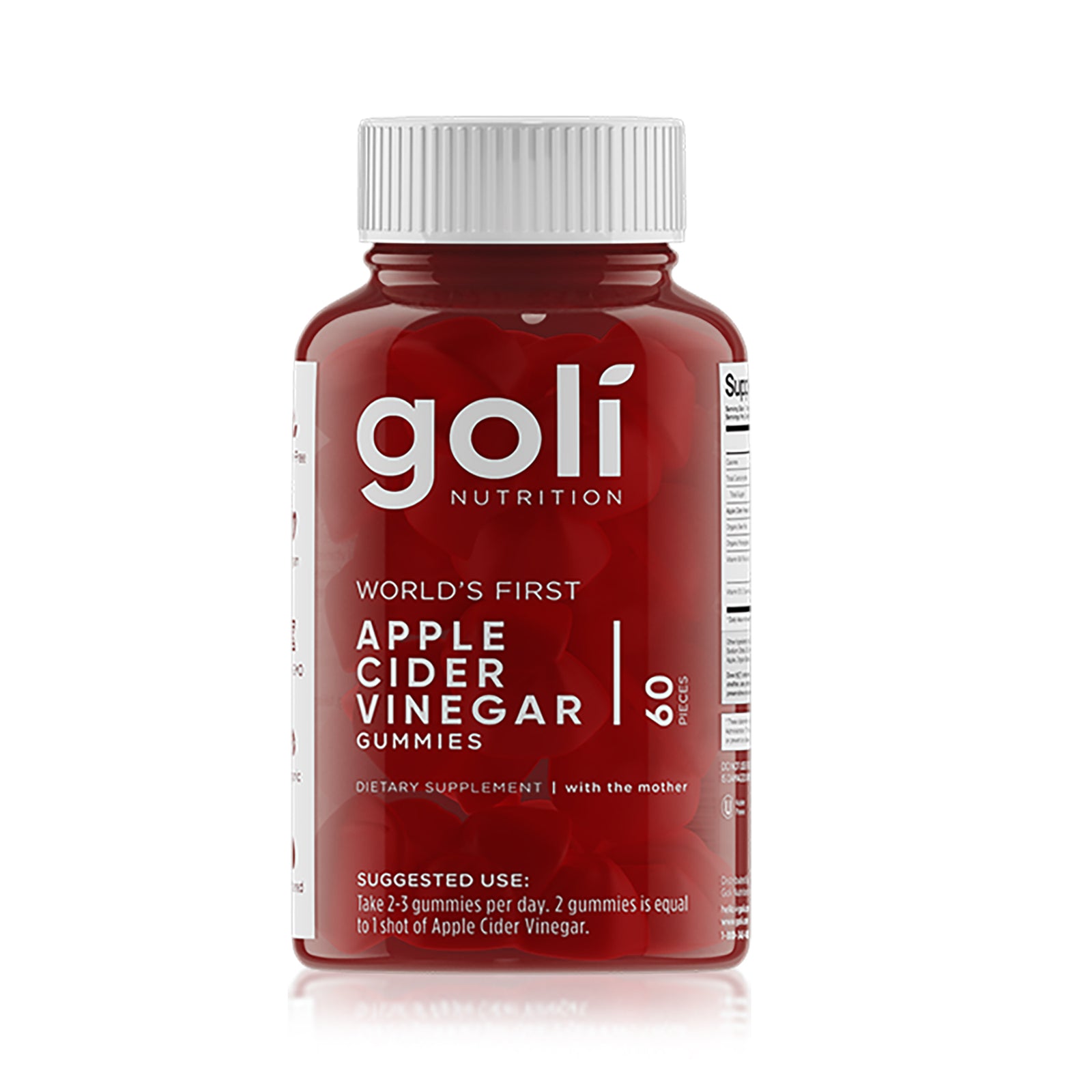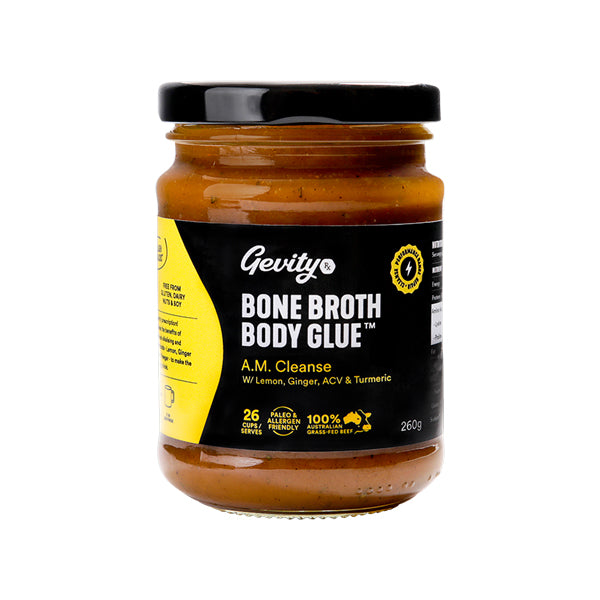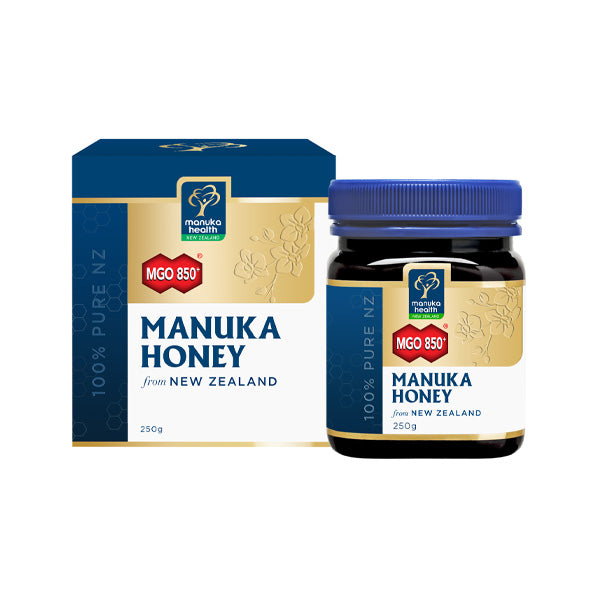As the winter season approaches, so does the increased risk of flu and common colds. Strengthening our immune system becomes crucial to stay healthy and ward off these seasonal illnesses. In this blog, we will explore the top 10 tips for using food, vitamins, minerals, and herbs to tackle the winter flu season effectively. These evidence-based strategies will help fortify your immune system, keeping you resilient and healthy during the colder months.
- Eat a Rainbow of Fruits and Vegetables: Colourful fruits and vegetables are rich in immune-boosting antioxidants, vitamins, and minerals. Aim to include a variety of fruits and vegetables in your diet, such as berries, citrus fruits, leafy greens, bell peppers, and cruciferous vegetables. These nutrient-dense foods provide essential vitamins (vitamin C, E, and A), minerals (zinc and selenium), and phytonutrients that support immune function (Gombart et al., 2020). Incorporating a rainbow of fruits and vegetables ensures a diverse array of immune-supportive nutrients.
- Embrace Vitamin C: Vitamin C is a powerful antioxidant that helps support the immune system. Foods rich in vitamin C, such as citrus fruits, kiwi, bell peppers, and strawberries, can bolster your defenses against winter illnesses (Hemilä, 2017). Additionally, consider incorporating vitamin C supplements, especially during the flu season, to ensure adequate intake (Ran, 2018). However, it's best to obtain nutrients from whole foods whenever possible, as they provide a synergistic blend of vitamins, minerals, and fibre.
- Get Sufficient Vitamin D: Vitamin D plays a crucial role in immune health. During the winter months when sunlight exposure is limited, it's important to obtain adequate vitamin D from dietary sources. Foods such as fatty fish (salmon, mackerel), fortified dairy products, and egg yolks are good sources of vitamin D (Aranow, 2011). If needed, supplementation may be necessary, particularly for individuals with limited sun exposure or low levels of vitamin D (Martineau et al., 2017). Consult with a healthcare professional to determine the appropriate dosage for your specific needs.
- Prioritize Zinc-Rich Foods: Zinc is an essential mineral that supports immune function and helps fight off infections. Including zinc-rich foods in your diet, such as oysters, beef, poultry, beans, and nuts, can help strengthen your immune response (Prasad, 2008). Zinc supplements may also be beneficial, especially for individuals at risk of zinc deficiency. However, it's important to note that excessive zinc intake can have adverse effects, so it's best to consult with a healthcare professional before starting supplementation.
- Harness the Power of Herbs and Spices: Several herbs and spices possess immune-boosting properties. Incorporating garlic, ginger, turmeric, cinnamon, and oregano in your meals not only adds flavor but also provides potential health benefits. Garlic, for example, exhibits antiviral and antibacterial properties (Arreola et al., 2015), while ginger has anti-inflammatory and antioxidant effects (Bode & Dong, 2011). Turmeric contains curcumin, a compound with potent immune-modulating properties (Gupta et al., 2013). Adding these herbs and spices to your culinary creations can enhance both taste and immune-boosting potential.
- Stay Hydrated: Maintaining adequate hydration is essential for overall health, including immune function. Drinking enough water helps flush out toxins, supports mucous membrane function, and aids in the proper functioning of immune cells (Popkin et al., 2010). Ensure you drink enough fluids throughout the day, including water, herbal teas, and warm broths. Hydration can also help alleviate symptoms of respiratory infections, such as coughs and congestion.
- Incorporate Probiotic-Rich Foods: The gut plays a crucial role in immune function, and consuming probiotic-rich foods helps maintain a healthy balance of gut bacteria. Yogurt, kefir, sauerkraut, kimchi, and other fermented foods contain beneficial bacteria that support the gut microbiome (Gupta et al., 2018). A healthy gut contributes to a strong immune system, reducing the risk of respiratory infections (Hawrelak & Myers, 2004). Consider including these probiotic foods in your diet to support both gut and immune health.
- Get Adequate Sleep: Quality sleep is essential for a robust immune system. During sleep, our body repairs and regenerates cells, including immune cells (Besedovsky et al., 2012). Aim for 7-9 hours of uninterrupted sleep each night. Establish a regular sleep schedule, create a calming bedtime routine, and optimize your sleep environment for a restful night's sleep.
- Manage Stress Levels: Chronic stress can weaken the immune system, making you more susceptible to infections. Engage in stress-reducing activities such as meditation, yoga, deep breathing exercises, or engaging hobbies. Prioritizing self-care and finding healthy outlets for stress can help support immune health.
- Practice Good Hygiene: While food, vitamins, minerals, and herbs can enhance immune function, practicing good hygiene remains crucial. Wash your hands frequently with soap and water, especially before eating or touching your face. Cover your mouth and nose when coughing or sneezing and avoid close contact with sick individuals.
Check out our supplements range for more!
By implementing these evidence-based tips, you can boost your immune system and reduce the risk of falling ill during the winter flu season. Remember to focus on a nutrient-rich diet, adequate sleep, stress management, and good hygiene practices to keep your immune system strong and resilient.
References:
- Aranow, C. (2011). Vitamin D and the immune system. Journal of Investigative Medicine, 59(6), 881-886.
- Arreola, R., Quintero-Fabián, S., López-Roa, R. I., Flores-Gutiérrez, E. O., Reyes-Grajeda, J. P., Carrera-Quintanar, L., & Ortuño-Sahagún, D. (2015). Immunomodulation and anti-inflammatory effects of garlic compounds. Journal of Immunology Research, 2015, 401630.
- Besedovsky, L., Lange, T., & Haack, M. (2012). The sleep-immune crosstalk in health and disease. Physiological Reviews, 92(2), 943-964.
- Bode, A. M., & Dong, Z. (2011). The amazing and mighty ginger. In Herbal Medicine: Biomolecular and Clinical Aspects (2nd edition). CRC Press/Taylor & Francis.
- Gombart, A. F., Pierre, A., & Maggini, S. (2020). A review of micronutrients and the immune system-working in harmony to reduce the risk of infection. Nutrients, 12(1), 236.
- Gupta, S. C., Patchva, S., & Aggarwal, B. B. (2013). Therapeutic roles of curcumin: Lessons learned from clinical trials. The AAPS Journal, 15(1), 195-218.
- Gupta, V. K., Paul, S., & Dutta, C. (2018). Geography, ethnicity or subsistence-specific variations in human microbiome composition and diversity. Frontiers in Microbiology, 9, 2125.
- Hawrelak, J. A., & Myers, S. P. (2004). The causes of intestinal dysbiosis: A review. Alternative Medicine Review, 9(2), 180-197.
- Hemilä, H. (2017). Vitamin C and infections. Nutrients, 9(4), 339.
- Martineau, A. R., Jolliffe, D. A., Hooper, R. L., Greenberg, L., Aloia, J. F., Bergman, P., ... & Camargo, C. A. (2017). Vitamin D supplementation to prevent acute respiratory tract infections: Systematic review and meta-analysis of individual participant data. BMJ, 356, i6583.
- Popkin, B. M., D'Anci, K. E., & Rosenberg, I. H. (2010). Water, hydration, and health. Nutrition Reviews, 68(8), 439-458.
- Prasad, A. S. (2008). Zinc in human health: Effect of zinc on immune cells. Molecular Medicine, 14(5-6), 353-357.
- Ran, L. (2018). Vitamin C supplementation in the treatment of influenza: A systematic review. Journal of Evidence-Based Medicine, 11(3), 239-246.




